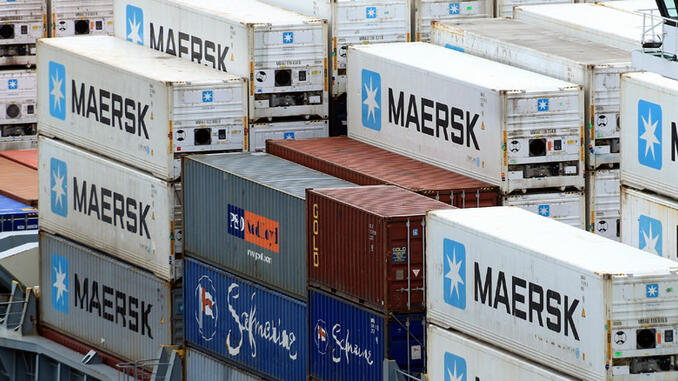
During the 2016 presidential race, Donald Trump ran on a pledge to protect American products by imposing tariffs on imports. His threats were alarming. They would in all probability start global trade wars as countries would retaliate in kind with their own tariffs. The Economist Intelligence Unit at the time ranked a Trump presidency in its top ten global threats survey because of the likelihood trade wars would result from his polices. On March 1st, Trump announced that he was following through with his campaign pledge and impose new tariffs on steel and aluminum imports in the coming weeks. The new tariffs would be the most significant U.S. import restrictions since Richard Nixon was in the White House nearly 50 years ago.
Despite following through on campaign promises, Trump’s decision seems to be alarmingly impulsive with reports that Trump himself was angry with other simmering problems facing the White House and pushed the tariffs through without any review by government lawyers or staff. The announcement seemed to have caught White House staff by surprise.
The exact details—other than a 25 percent tariff on steel, and 10 percent tariff on aluminum imports—are still unknown but the news shook Wall Street with the Dow Jones Industrial Average falling 600 points on the news. Any exemptions from the tariff have yet to be announced, but Trump has already expressed he does not want exemptions. Canada announced that it wants an exemption to the new tariffs, and said that if they do not get one they would retaliate. Europe also hit back saying they would want exemptions or else they would impose tariffs in response to Trump’s decision. European Commission President Jean-Claude Juncker said, “We will put tariffs on Harley-Davidson, on bourbon and on blue jeans—Levi’s. We cannot simply put our head in the sand.”
Not only are the new import tariffs bad policy, they set bad precedent too. As Council on Foreign Relations Senior Fellow, Edward Alden, explains, the new tariffs rely on a prevision of law under Section 232 of the Trade Expansion Act of 1962. This allows imports to be blocked on national security grounds. Previous administrations have interpreted the law very narrowly, requiring evidence that the military needs of the Pentagon could not be supplied by U.S. production or close allies. This is acceptable to the World Trade Organization (WTO) which states that countries are free to take actions they deem essential to their national security interests. Up until now, WTO members have not abused that provision. Now with the new precedent, other countries like China, India, and Brazil can abuse that law and invent national security reasons to employ sanctions of their own.
Donald Trump’s new tariffs are not only reckless and stink, they will most likely boomerang and hurt the very industries he was trying to help to begin with. Moreover, the reports of his temperament in making such a serious and far-reaching decision is absolutely appalling and bring up the question if he is even fit to be President of the United States. In a tweet the day after the announcement of the new tariffs, Trump tweeted, “Trade wars are good, and easy to win.” Clearly this president has broken with reality.
